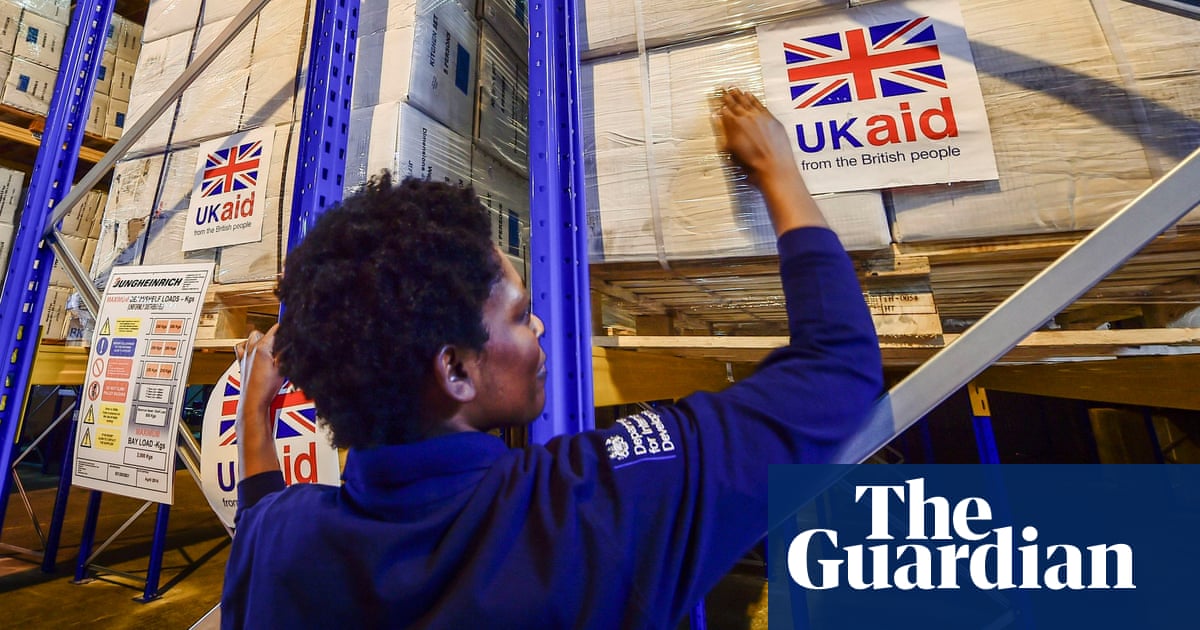
The government’s flagship programme for a green recovery is in turmoil after it was revealed that hundreds of millions of pounds are being withdrawn from its green homes grant programme.
Ninety-five per cent of the £1.5bn pot provided for householders in England to make their homes less carbon intensive remains unspent due to long delays in giving out grants to householders and making payments to installers.
Some householders have been waiting nearly five months for the grants to be approved and installers say they have had to lay off staff because they are owed tens of thousands of pounds by the scheme, which is run by an American global consulting firm, ICF.
By 22 January, only £71m of the £1.5bn promised to householders had been given out – less than 5%. The grants have been extended to run until March 2022 because of the delays.
But in a parliamentary answer, the business minister Anne-Marie Trevelyan revealed the £2bn available would not be rolled over into the next financial year from March.
She was asked by Labour’s Catherine West whether any underspend in the first tranche of the £2bn green homes grant programme to March 2021 would be rolled over now that the programme was being extended into 2021-22.
The minister said: “The original funding for the green homes grant voucher scheme was announced as a short-term stimulus, for use in the 2020-21 financial year only.”
She indicated a far smaller amount announced by the chancellor – £320m – would be available from March this year for the green homes grant programme – effectively withdrawing hundreds of millions of pounds from the programme.
The green grants were promoted by Boris Johnson as a key plank in his 10 point plan for a green recovery. The government promised the programme would support 100,000 jobs while cutting people’s energy bills and CO2 emissions. Householders can apply for vouchers of up to £5,000 or £10,000 depending on their circumstances, to help pay for installation of new heating systems and insulation. The £2bn scheme was made up of £1.5bn for householders and landlords, and another £500m for local authorities.
But news that the unspent hundreds of millions of pounds would not roll over into the next financial year angered the renewable energy industry.
Chris Hewett, the chief executive of the trade association Solar Energy UK, said removing the money “would be an alarming early failure of the government’s 10-point plan for a green recovery, transforming a flagship policy into something tokenistic”.
The shadow business secretary, Ed Miliband, said it made a mockery of the government’s commitments on climate change and a green recovery.
“It is outrageous that the government is withdrawing funding promised to help insulate people’s homes,” he said. “They are denying homeowners the energy improvements they need, denying installers the work they need and denying the country the green transition we need.”
Ministers awarded the contract to run the programme to ICF, a large American consulting corporation based in Virginia. Details of the value of the government contract have not yet been published.
Miliband said mismanagement of the programme meant just a fraction of the billions was now going to be spent.
“Ministers must make good on their funding promise and reverse this farcical decision by rolling all the underspend over into 2021,” he said.
Government figures last week showed that just over 21,000 vouchers had been issued to householders since last September, out of their target of 600,000.
Hewett said the grant was a great idea that had been poorly implemented.
“A year ago the chancellor put £2bn on the table and, as it stands, three-quarters of that is about to taken away by the Treasury,” he said. Removing the £2bn pot would, he said, leave the businesses who have engaged with the programme in good faith out of pocket, undermine confidence in the industry, and ultimately cost more jobs than it delivers. “The government must not pull the rug from underneath consumers and installers,” said Hewett.
Philip Dunne, the Conservative chair of the environmental audit committee, criticised the way the programme was being run. He said at the current rate it would take 10 years to fulfil the government’s promise that the grants would help 600,000 householders switch to low-carbon heat alternatives.
“Unless overhauled and further extended, this scheme will fail to deliver its ambition,” said Dunne.
John Alker, the director of policy and places at the UK Green Building Council, said he would be extremely disappointed if the government did not roll over the £2bn funding into 2021-2.
“The problems with the scheme have not been about consumer appetite, but with the scheme’s administration, with householders having to wait months in some cases, and installers having to wait similar amounts of time to get paid for works done,” he said.
“Stop-start policy of this kind is extremely counterproductive for businesses looking to invest in delivering a green recovery, and it is disappointing to see that lessons that should have been learned from the fate of previous schemes appear to have been missed.”
The £2bn scheme, run by the Department for Business, Energy and Industrial Strategy, was launched last autumn. A pot of £1.5bn was for householders and landlords and another £500m is available for local authorities to improve the energy efficiency of their stock.
The government did not provide a comment.










